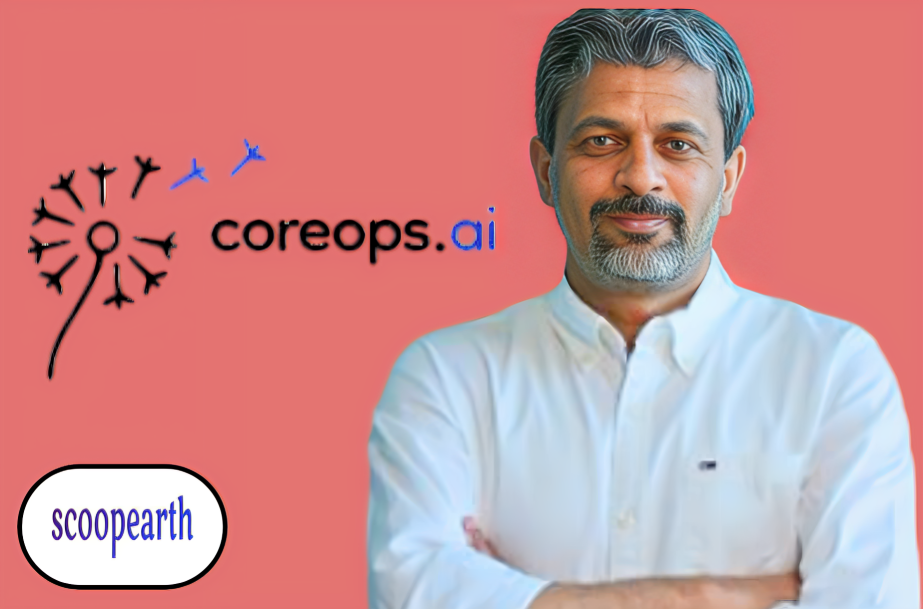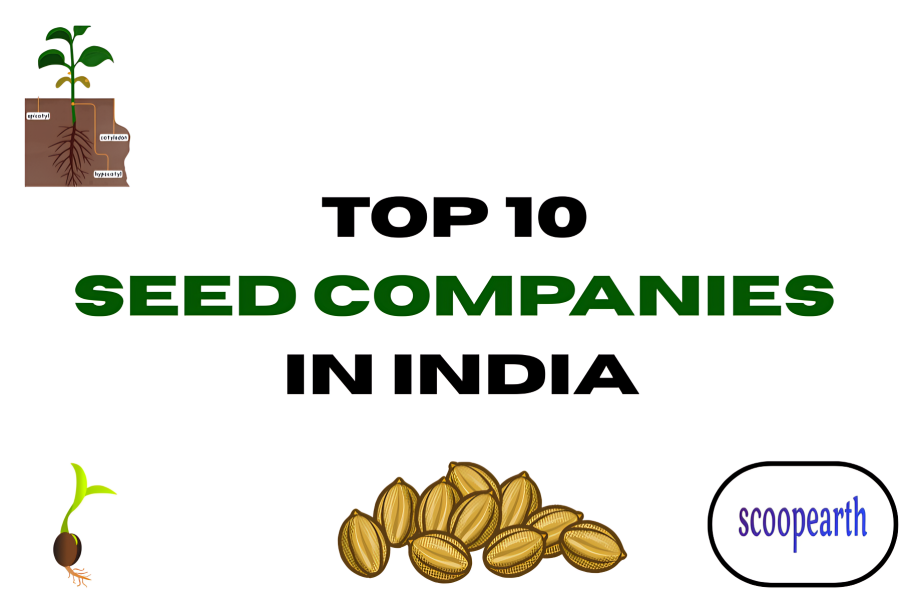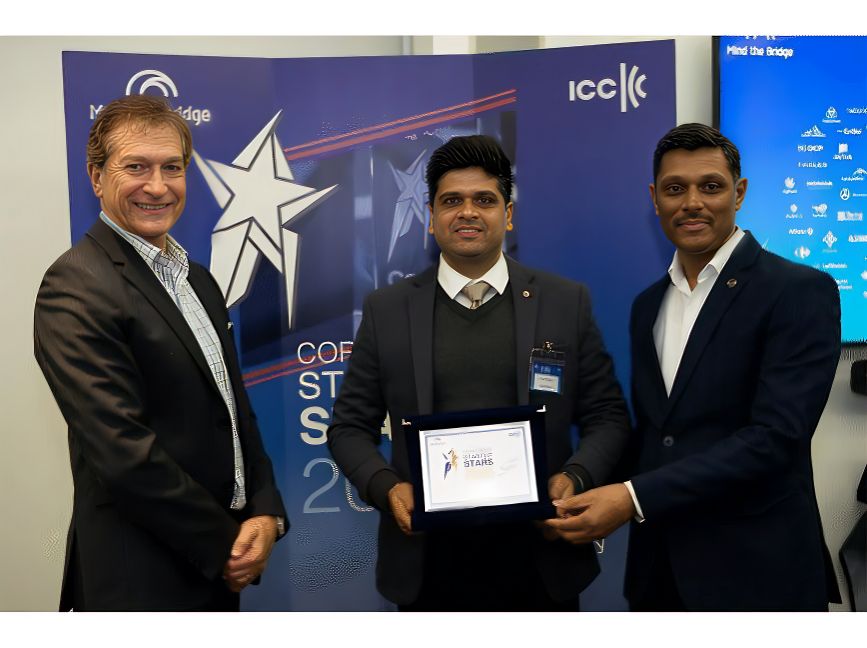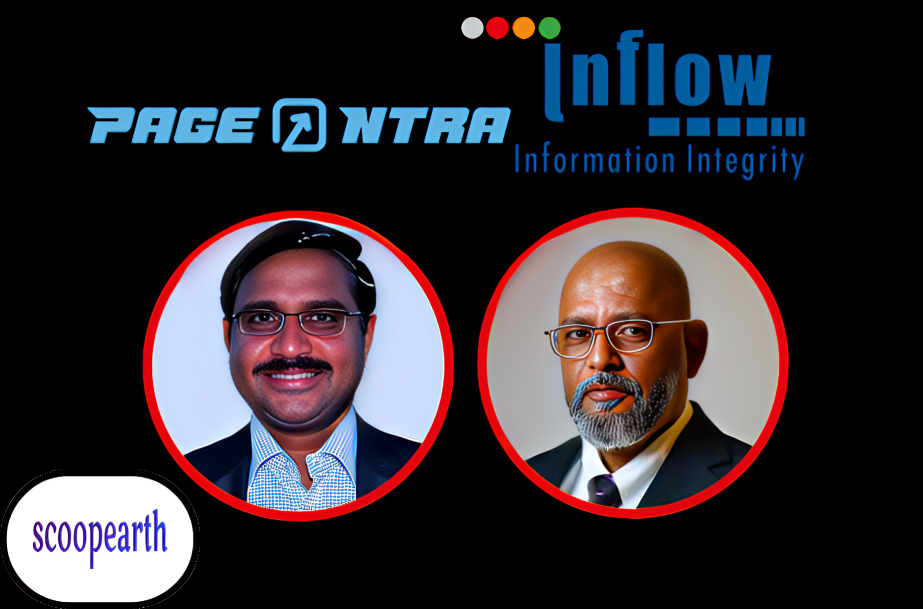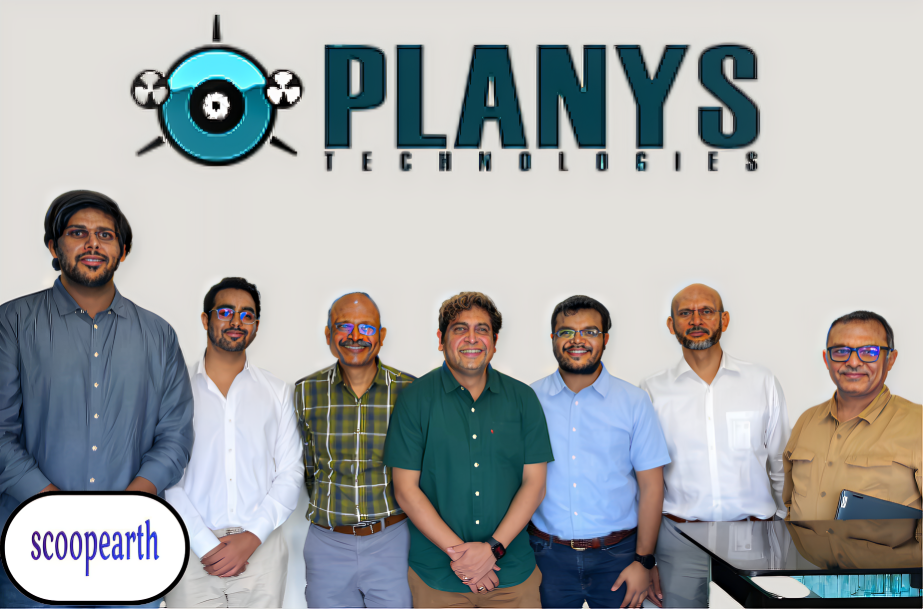BESTIU inaugurated the National Conference on Agricultural Science and Technology 2025 in Gorantla, Andhra Pradesh
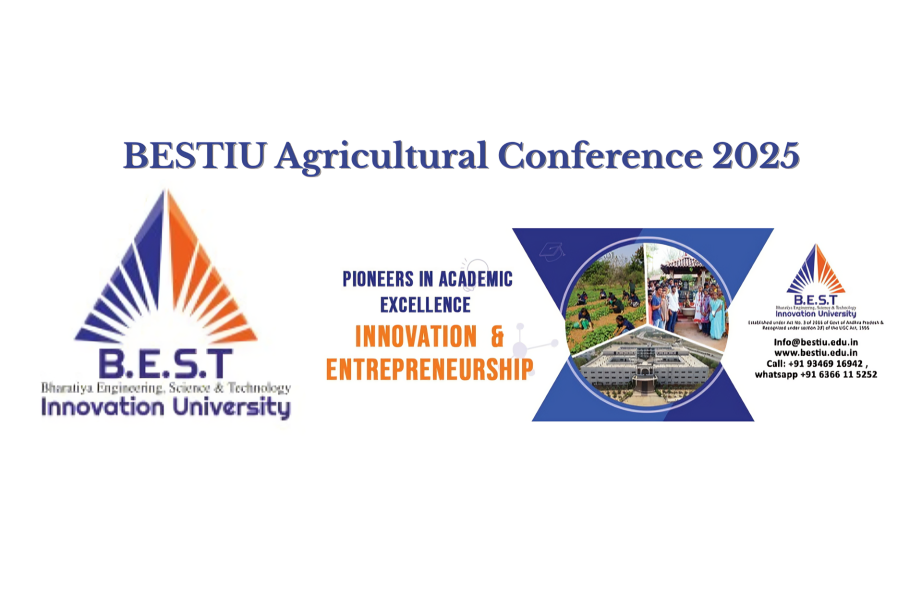
SUMMARY
On August 22, 2025, the National Conference on Agricultural Science and Technology 2025 was inaugurated at Best Innovation University (BESTIU) in Gorantla, Andhra Pradesh, which was a significant event in the efforts of India towards sustainable agricultural development. The conference was centered on intellectual zeal around innovation, technology, and collaboration, which provides an effective platform encompassing knowledge sharing and strategic planning toward transforming India into a prosperous agrarian country.
Leadership thoughts in BESTIU
The Vice Chancellor of BESTIU, Dr. Divya Vadlamudi, greeted the attendees with a message that highlighted their desire to promote innovation and academic excellence. Her speech focused on the significance of interdisciplinarity in handling the difficulty of modern agriculture. Dr. Ramgopal Mopuri, the conference convenor, provided an informative introduction to the event’s objectives, highlighting topics such as environment-friendly farming, agri-tech interventions, and education aimed at creating future-ready agricultural professionals.
Bharat Lal Meena, Chairman of BESTIU, formally opened the Book of Abstracts, which is a compilation of research contributions and thematic manuscripts conveyed by the attendants. According to his speech, Meena stressed the importance of agricultural innovation in the context of climate change, as well as the extinction of resources, and the changing market. This was to be done by renewed emphasis on scalable solutions, empowering farmers and improving productivity without affecting the integrity of the environment.
Dr. Gopal Lal, Director of the National Academy of Agricultural Research Management(NAARM), Hyderabad, presented a very strong case on what the future of agricultural science will be. He talked about the necessity of strong research systems that combine modern and traditional knowledge and bridge the gap between traditional knowledge and modern technology, including artificial intelligence, precision farming, and biotechnology.
Enhancing the intellectual value of the conference, Dr. A.B. Patil, the President of the Institution of Agricultural Technologists, presented an insightful opening speech on how technology can transform agricultural practices. He also mentioned the potential of digital tools and remote sensing, data analytics in streamlining crop production, minimizing input costs, and making the supply chain more efficient.
Collaboration with NAARM and the National Innovation Foundation
Among the most effective sessions was the one conducted by Dr. Hardev Choudhary, Scientist-E at National Innovation Foundation, India. His talk was on grassroots innovation and the necessity of identifying and expanding indigenous solutions. Dr. Choudhary has provided instances of farmer-led innovations that have proven to be highly effective and successful within local contexts, citing that institutions should develop mechanisms to verify, support, and share farmer-led innovations.
The conference was organized in cooperation with NAARM, Hyderabad, and the National Innovation Foundation, Ahmedabad, representing a high-level institutional cooperation operation in the sphere of agriculture research and innovations development. The fact that these organizations had credibility, expertise, and a combined vision added strength to the national significance of the event. Their participation also made the discussions rooted in the practical reality and in line with policy initiatives, continuously.
Dr. Naga Jyothi and Dr. Anuradha Dhar have coordinated the success of the conference in a pivotal role. The role of their leadership and organization was that the event was of high quality both academically and logistically. The result of their endeavors was that the conference became a paradigm-shifting event in how universities can be a force of change in the field of agriculture.
Goal of the National Conference on Agricultural Science and Technology 2025
The general objective of the National Conference on Agricultural Science and Technology 2025 was to promote partnerships between stakeholders along the agricultural value chain. The collaboration of scientists, educators, entrepreneurs, and policymakers allowed BESTIU to establish a platform where interdisciplinary conversations and common strategic priorities can be achieved. The conference was aimed at prompting participants to develop synergies and share best practices and opportunities to identify where they might take joint initiatives that could advance agricultural innovation.
During the whole event, the necessity to use integrated practices aiming to combine research, education, and extension was realized. The group investigated models of technology transfer, training of farmers, and institutional capacity building. There was much consensus that ecosystems that would facilitate experimentation, entrepreneurship, and evidence-based policymaking should be created.
The role of academic institutions in the agricultural future was also brought out during the conference. Higher learning institutions such as BESTIU are in a unique position to link theory and practice and provide platforms to apply research, practice, student activities, and community outreach. They can contribute to national goals through investing in agricultural science and technology, including food security, climate resilience, and rural development.
Conclusion
The National Conference on Agricultural Science and Technology 2025 at BESTIU was not an academic event. It presented India as an innovative nation, eager to use science and technology to support agricultural transformation and placed BESTIU as a think tank in this area. The event showed that to achieve impactful advances in agriculture, we not only need innovation but also cooperation, inclusiveness, and institutional backing.
Note: We at scoopearth take our ethics very seriously. More information about it can be found here.






